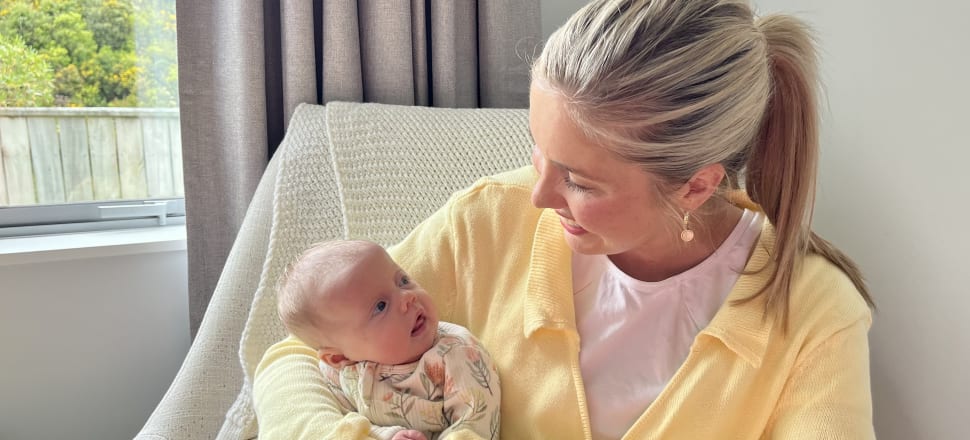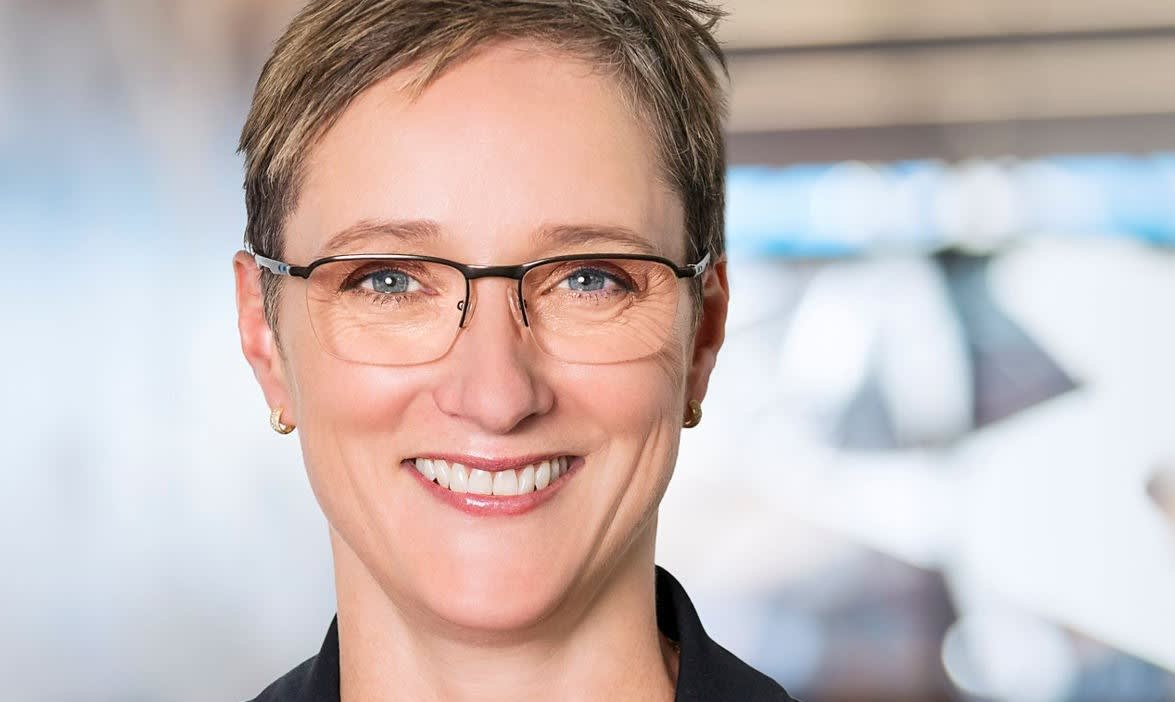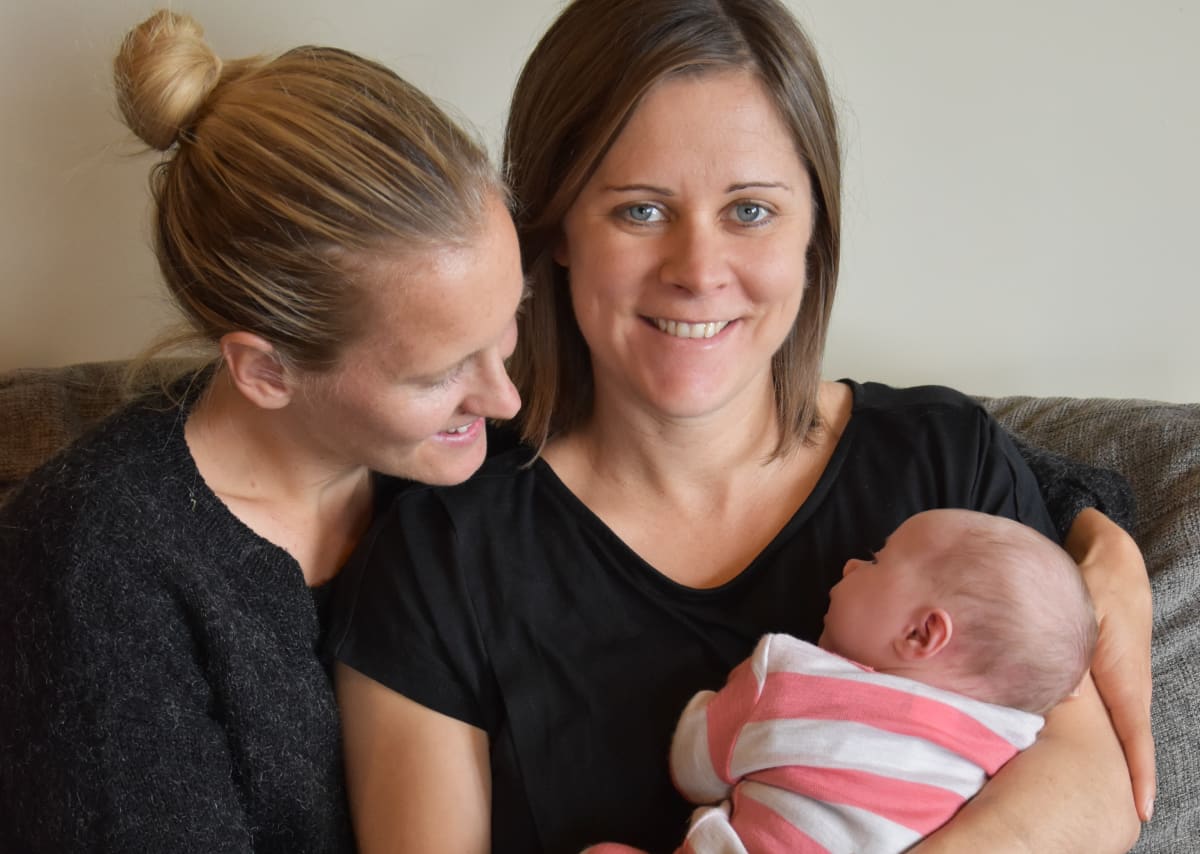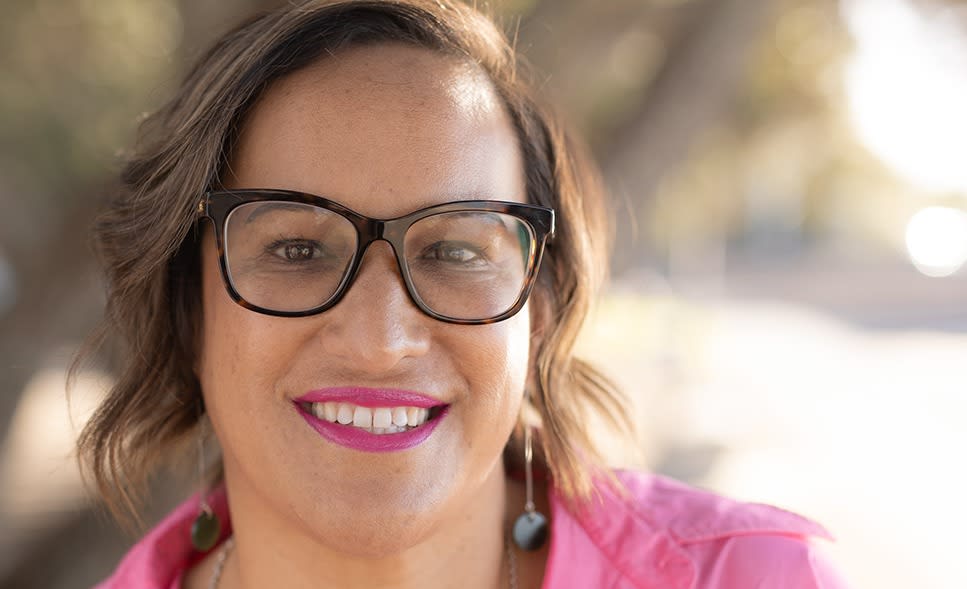
As NZ marks the 50th anniversary of the Equal Pay Act, Retirement Commissioner Jane Wrightson says the Government should continue contributing to women's KiwiSaver funds while they're on parental leave
Hayley Mortimer's baby daughter Isla was born six weeks ago. Mortimer is tired and short of sleep. "At a time when you're trying to navigate how to raise a small human and keep yourself sane, additional financial support like my company's KiwiSaver scheme just takes that little bit of extra burden off," she says.
The Z Energy manager and her husband Matt have been together for six years, and for the past couple of years the Wellington couple have been talking about when they could start a family. "Financial security is an important topic of the conversation."
Just before Isla was born, Z announced to staff a new policy to continue its 5 percent contribution to their Kiwisaver funds, while they're on parental leave. It's one of several large businesses that are trying to address a big 20 percent gap between men and women's retirement savings, disclosed this year in Retirement Commission research. The big banks, Lion NZ, Vodafone and KPMG are among the early adopters.
But Mortimer would like to see business and government go further: "I'd like to have a world where the retirement savings gap isn't as large, when my daughter Isla's at the age where she's starting a career, maybe wanting to start a family."
It's an argument that's being led by Retirement Commissioner Jane Wrightson, as New Zealand marks the 50th anniversary of the Equal Pay Act.
She commissioned a demographic study of 2,944,050 KiwiSaver members, with total balances of $85.44 billion, from actuaries Melville Jessup Weaver. It revealed that women in their 50s have approximately $13,000 (or 32 percent) less KiwiSaver than men, as they approach retirement.
"I have two kids and took a year off for each of them before returning to work at Fonterra. This probably wouldn’t have been possible had it not been for the parental leave benefits on offer." – Cilla Duncan, Fonterra
This reflects the combined impact of the gender and ethnic pay gaps, time out of paid work, and the higher percentage of women than men that work part-time.
Ahead of reporting the commission's policy advice to ministers in December, Wrightson tells Newsroom that government should incentivise or subsidise women's retirement savings while they're on parental leave, as well as supporting the cost of childcare. "We think the Government should continue its contributions through recognised parental leave."
Companies must contribute 3 percent of their workers' gross earnings to KiwiSaver or a similar approved scheme, and then the Government tops up participating workers' contributions to the tune of another $521.43 a year.
"Ridiculously, it is the people who live the longest who earn less throughout their working lives and subsequently have less for retirement – women." – Helen Sedcole, Z Energy
The commission recommends incentives could be provided to contribute to KiwiSaver then employers are away from paid work or on parental leave – incentives that could be restricted to people on low incomes. And it's encouraging employers to also continue their KiwiSaver contributions to new mums.
She knows women who've taken time out of the workforce for young children, then been left in the lurch when their relationships have ended. "Their partner has gone, and has more than likely wrangled more than their fair share. They are left with a late work working life that they weren't expecting, and they're certainly less well off than they thought they were going to be.
"Were they earning at the same level as their husband? Heavens no. They've probably got a house with a mortgage. They may or may not have children or parental care issues to deal with as well. And they may be looking at 30 years post-pension.
"They blame themselves, and that's not fair," Wrightson says.
"They blame themselves for trusting their partner too much, they blame themselves for not taking enough interest in the financial health as well as the family's financial health. They blame themselves for not working hard enough, and that's generally not the case.
"It's kind of sad, because these are the the life shocks that will set us back financially. And there's only so much you can beat yourself up before you start thinking, right, what am I going to do now?
Wrightson wants leading corporates to step up to support women in their retirement savings, and she wants them to speak publicly about it, offering guidance to smaller companies that may find it more challenging.
Z Energy's chief people officer Helen Sedcole says New Zealand women retire on average with 20 percent less savings than men. "Ridiculously, it is the people who live the longest who earn less throughout their working lives and subsequently have less for retirement – women."

Over 40 percent of Z’s people are women and of those who work part time, roughly 70 percent are female, she says, so the initiative has the potential to support a significant portion of Z staff. The company has anywhere between three to six percent of its people on parental leave at any one time.The benefits to the business and its workers outweigh what it costs to implement.
"While initiatives like this do incur a cost to a business, and for some they may not be able to, or believe they are unable to follow suit, we encourage all to at least crunch the numbers to understand what might be possible."
Addressing the retirement gender savings gap, or the gender pay gap more broadly, will require a suite of policies and initiatives, Sedcole says. For Z Energy, its parental leave scheme and transparency around salaries are also designed to help address this matter.
"We think our overall package of parental leave benefits contributes towards giving primary carers equity in the workplace in terms of salary, career and retirement savings." – Haylee Putaranui, Fonterra
"We recognise that continuous improvement opportunities exist and see this change to our KiwiSaver offering as the latest initiative, not our last. The key is to keep working on it – looking at the data, taking on feedback from our team, and thinking about a new approach we could take as a New Zealand business to lead the way for our people, and encourage others to do the same."
Fonterra is another organisation that continues its contributions while mothers are on 26 weeks' paid parental leave, and even afterwards on unpaid leave.
Haylee Putaranui, Fonterra's global head of diversity and inclusion, says the co-op tops up the government parental leave payments so eligible employees receive 100 percent of their base salary or wages – and this includes ongoing Kiwisaver contributions if they elect to keep making them during this time.

"An employee may then decide to take additional unpaid leave. On returning to work, we provide a one-off lump sum KiwiSaver employer contribution equivalent to the amount that Fonterra would otherwise have paid during the period of that extended unpaid leave."
Putaranui says it also helps to support engagement, retention, productivity and performance – making the investment well worth it. "Families come in different shapes and sizes, and we want to have policies that help accommodate the diversity of our workforce."
One mother who has benefited from this policy is senior marketing and communications manager Cilla Duncan, the former Football Fern.
"I think there are benefits at an individual and societal level when businesses have policies like this in place – from reducing stress for new parents to helping tackle the gender pay and savings gap," Duncan tells Newsroom.

"I have two kids and took a year off for each of them before returning to work at Fonterra," Duncan says.
"This probably wouldn’t have been possible had it not been for the parental leave benefits on offer, so I feel very fortunate. It’s given me peace of mind to know I can continue building my career at the co-operative while also being supported to take that time away to dedicate to my family."







